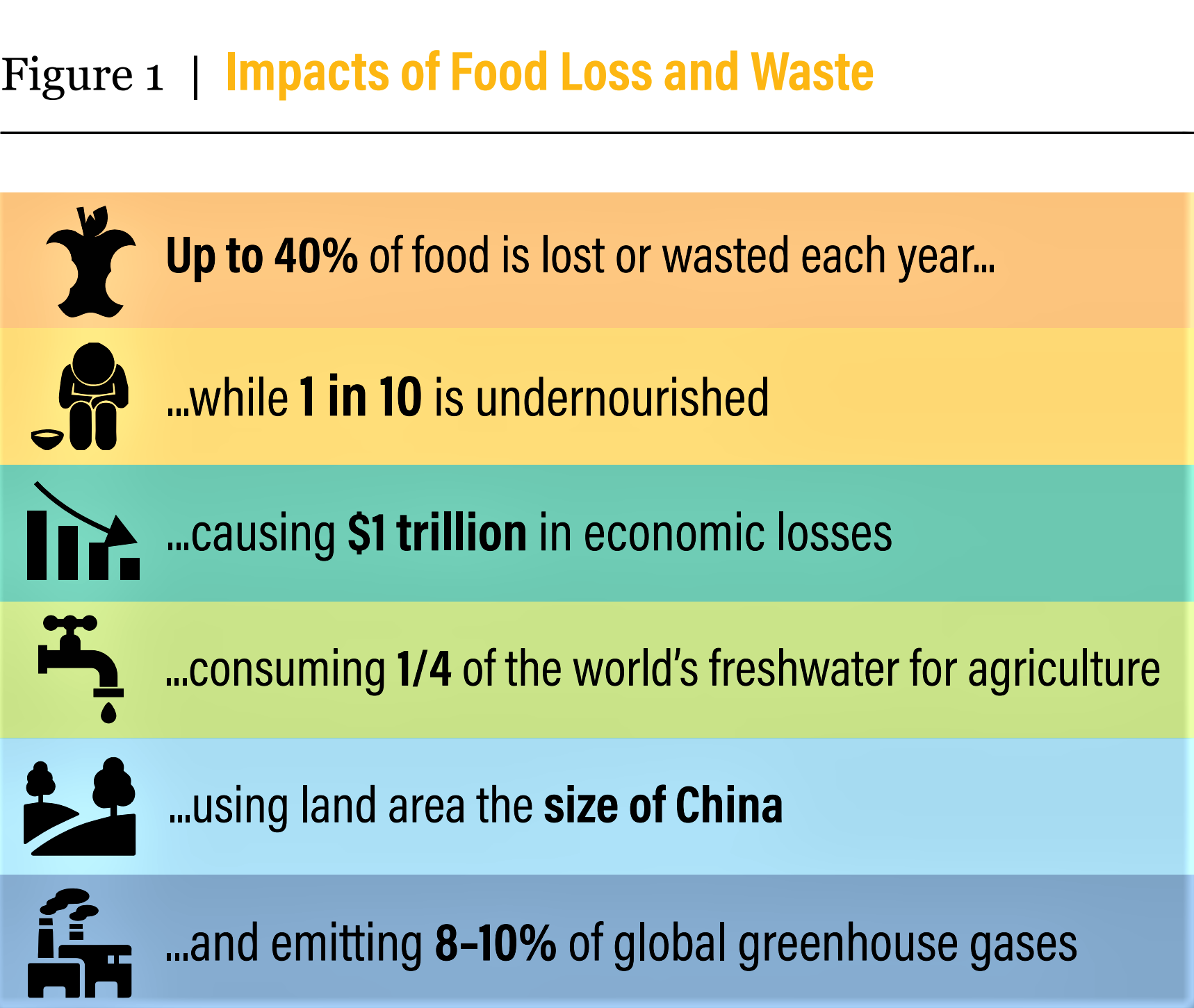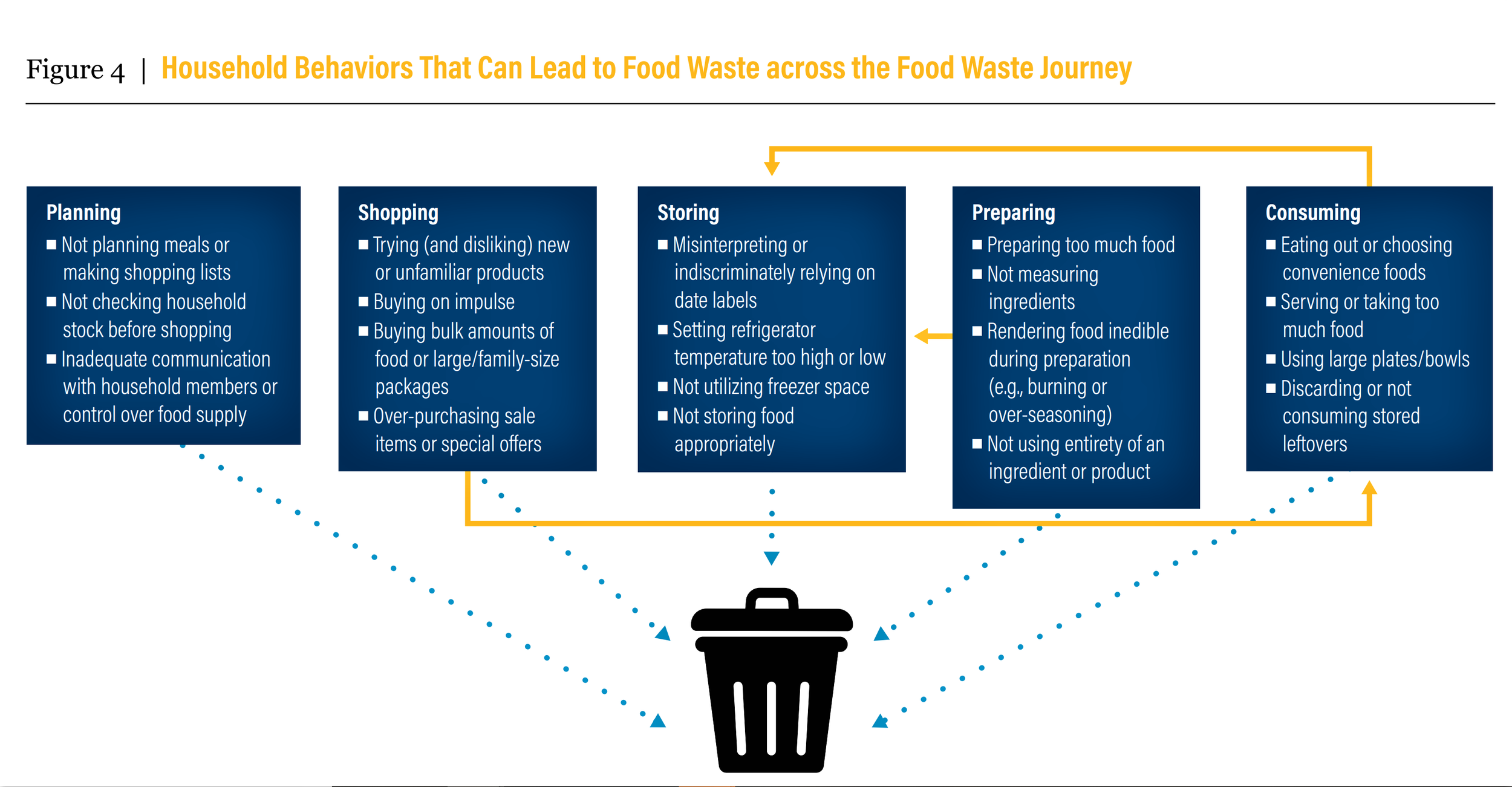The rising cost of food is a good reason to take another look at cutting back on food waste. It will not only save you money but is also a 4X winner — reducing food systems emissions, improving global food security, reducing environmental pollution and saving animals.
A recent study by the World Resources Institute (WRI) shows that how we think about and communicate the benefits of cutting food waste can have an impact on our motivation to act. And it answers the question, “What can any one person do to make a difference?”
The scale of the problem is daunting but that offers more opportunities to do something about it. Food waste occurs in our kitchens and in restaurants while food loss occurs in production, during transportation and in storage.
Source: World Resources Institute
Food systems account for up to 35% of global greenhouse gas emissions and almost one-third of this is related to food loss and waste. This complex problem can be addressed by system changes in how we produce and transport our food, but individual decisions can also have a significant impact.
WRI says that 17% of all food produced in the world is wasted at the consumer end of the food supply chain — in retail, food service and households. And without a course correction, food waste will double by 2050.
Reducing food waste has multiple benefits. It will help ensure an adequate global supply of food at a time when Russia’s invasion of Ukraine has precipitated a food security crisis in many parts of the world. And it’s a powerful way to combat climate change, as rotting food is a major emitter of methane, a potent greenhouse gas.
What can one person do? Contribute to the solution. The chart below shows the cumulative impact of “our seemingly small decisions that households make every day.”
Source: World Resources Institute
WRI surveyed 250 households in Washington, D. C., to measure the impact of different kinds of messaging on consumers’ motivations to reduce food waste. The results showed that understanding that others in your community were concerned about the issue and willing to act, made people more open to changing behaviour and led to small reductions in food waste.
Source: World Resources Institute
“Making food waste socially unacceptable through the right type of messaging can elevate the importance of this issue in consumers’ lives. When people were informed that many others are making efforts to reduce food waste at home, it changed attitudes, raised awareness, and encouraged consumers to talk about it,” the WRI report said.
A test of similar messaging with 40 million Facebook users in the UK and Germany yielded similar results. WRI says that more research is needed to help understand how to drive larger reductions in food waste but that the right messaging has the potential make a big difference — the cumulative impact of changing hearts and minds, one person at a time.
For more tips on how to reduce food waste, check out savethefood.com.






